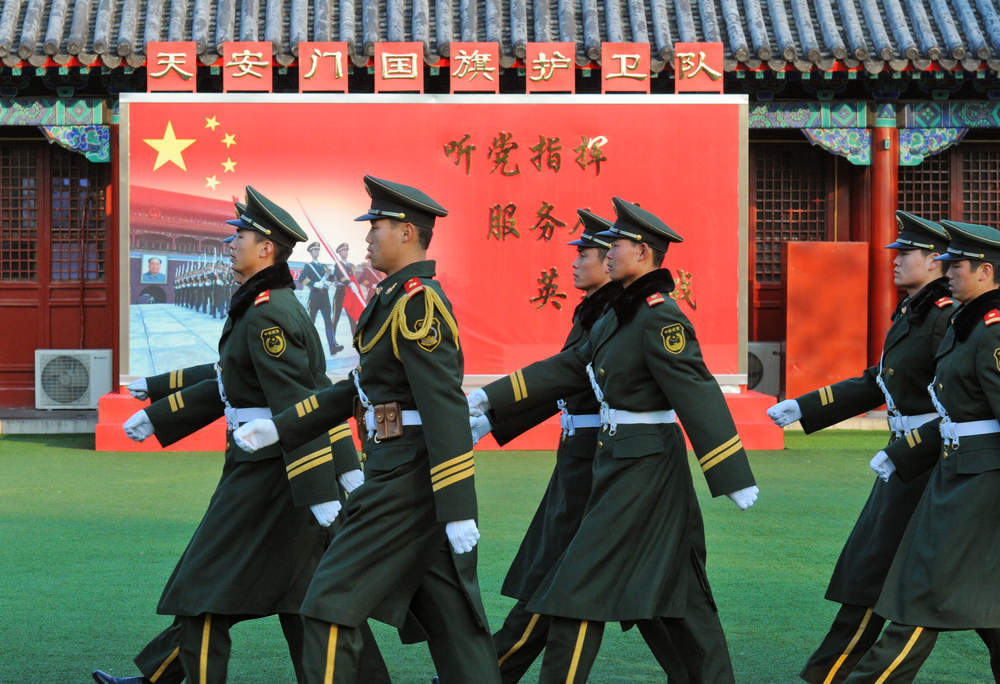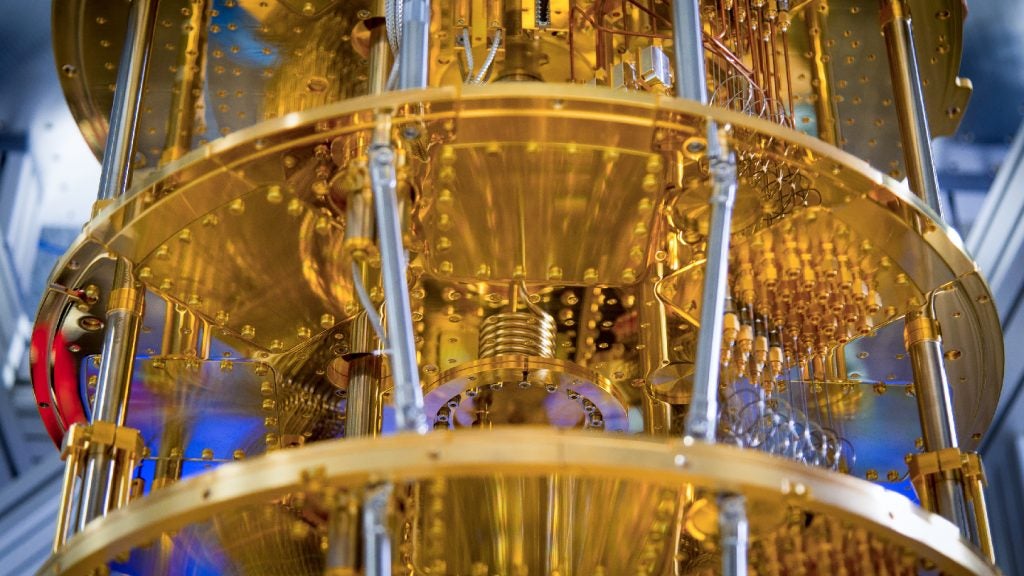
Today the National Congress of the Chinese Communist Party (CCP), China’s most important political event and better known as China’s 19th party congress, kicks off in Beijing.
The official purpose of the event — something that comes around just once every five years — is to elect the new leadership of the Communist Party of China (though all All key decisions have already been decided behind closed doors.)

Access deeper industry intelligence
Experience unmatched clarity with a single platform that combines unique data, AI, and human expertise.
This meeting is expected to be a big one with the majority of the party’s top decision-making body — the Politburo Standing Committee — expected to retire at this congress.
About two thirds of the 350-member Central Committee, the 25-member politburo, and the seven-member strong Politburo Standing Committee will retire to make way for new officials.
One job that is not going to change hands however is that of China’s president Xi Jinping who is expected to consolidate his power at the top of the party.
The old adage — in China it is the party that is powerful, not the leader — is beginning to change, giving way to a more Western style of leadership.

US Tariffs are shifting - will you react or anticipate?
Don’t let policy changes catch you off guard. Stay proactive with real-time data and expert analysis.
By GlobalDataThe event details
-
Where?
- Great Hall of the People, Beijing, China.
-
When?
- 18 October through to 25 October.
-
Who?
- 2,700 CCP members from across the country.
-
What?
- The National Congress of the Chinese Communist Party (CCP) — China’s 19th party congress.
-
Why?
- To elect the new leadership of the CCP.
What’s on the agenda
The big question for many is whether president Xi will seek a third term after his two terms as the CCP’s general secretary ends in 2022.
If he does — a bid he will likely win if he tries for it — he could be in power until at least until 2027.
Meanwhile, Beijing watchers will be counting how many allies Xi is able to install in positions of power, a measure of his current political power and an indication of how much control he will have over the coming five years.
The gathering is expected to outline the party’s long-term goals and key tasks for the next five years. Balancing economic growth, structural reforms, income distribution and financial stability are all things the party will want to seen to be planning for.
On the periphery will be how China will deal with its excessive corporate debt in state-owned enterprises, industrial supply over-capacity, concerns about a property bubble and environmental pollution.
What markets are watching
Markets are more concerned about the big picture than the minutiae at the party congress.
Broadly markets are expecting a continuation of the Chinese policy framework developed over the past five years after the congress. And if Xi is able to make the consolidation gains many are predicting then the policy could develop at a more rapid pace.
For the week of the congress the so-called national team will be on hand to counteract any embarrassing declines in big indexes or the renminbi exchange rate that might tarnish the image the party wants to project.
Long running plans for state-owned enterprise reform might see some attention with efforts appearing to be accelerating to raising efficiency at China’s lumbering state-owned enterprises.
Plans for so-called mixed ownership and state-orchestrated mergers may be detailed, potentially sparking speculative buying of sectors where mergers are expected.
Meanwhile, monetary policy is expected to remain steady with any attempt to lower short-term rates will raise concerns about credit growth, while a significant rise in short-term rates would generate concerns about growth.”







